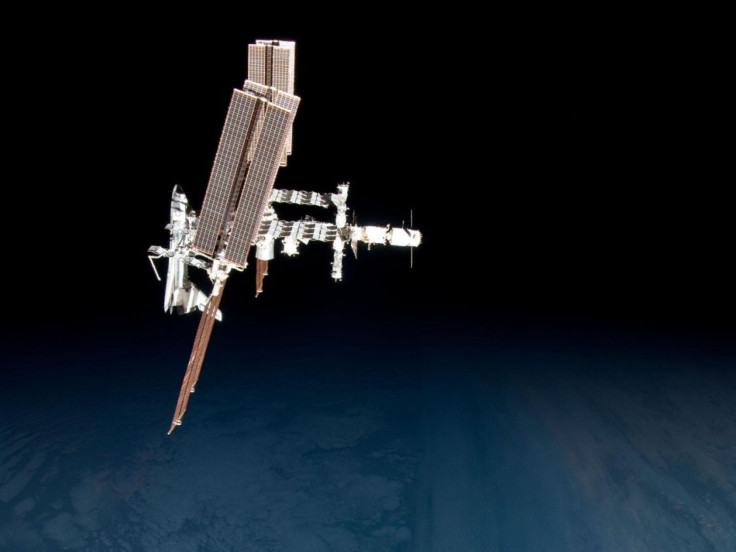NASA Has 2 Months to Decide on Abandoning International Space Station

NASA and Russia have about two months to decide whether to abandon the International Space Station (ISS) and possibly have ground controllers run the research outpost remotely from Earth.
NASA mission managers in Houston, Texas, are currently working on contingency plans, as both Russia and the U.S. have said that temporarily abandoning the $100 billion ISS is a possibility.
Ron Garan and Mike Fossum, two Americans aboard the ISS, told reporters in a video press conference from space that they've started minimal preparations.
We haven't started anything specific up here pertaining to that except for maybe documenting some of the things that we do on video so we that can use video products for part of the training for the next crew, Fossum told the media. The teams in Houston are in the preliminary stages of deciding everything from what ventilation we are going to leave running, what lights we are going to leave on... every tank, every valve, every hatch.
The space station, a joint project of the U.S., Russia, Canada, Europe and Japan, has been continuously staffed since November 2000. Six people ?- three Russians, two Americans and one Japanese astronaut ?- typically staff the research station on six month rotations.
But the astronauts on board may need to temporarily abandon the research facility this fall after the Soyuz rocket recently failed to send a supply ship into space.
The unmanned Russian cargo ship Progress 44 malfunctioned shortly after its Aug. 24 launch, and the ship crashed in Siberia. It was supposed to carry 2.9 tons of supplies to the orbiting lab.
Russian space vehicles are the only means of transporting crews and supplies to the station now that the U.S. space shuttle program has ended. The U.S. space shuttle flew its last mission in July.
Fossum said it is possible that the station will be without people for hopefully a short period of time, as reported by the Agence France-Presse.
Russia has said that a malfunctioning gas generator in the Soyuz carrier rocket's third stage engine has been identified by members of the emergency commission as the reason the supply ship didn't make it to the ISS.
The Russian Federal Space Agency had established a commission to assess the root cause of the failure, to develop a plan of corrective action and to determine any implications for the launch of crews to the station on similar Soyuz rockets.
© Copyright IBTimes 2024. All rights reserved.






















